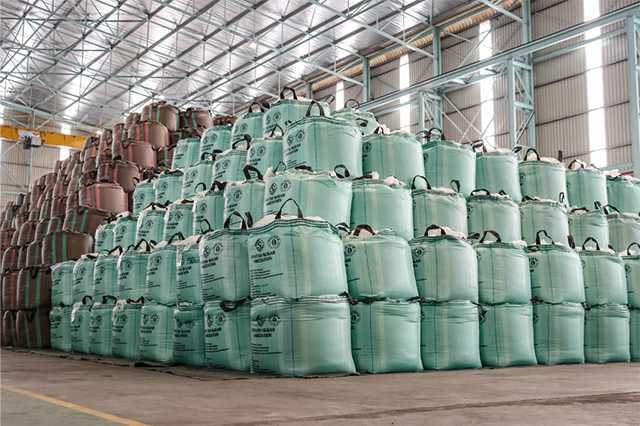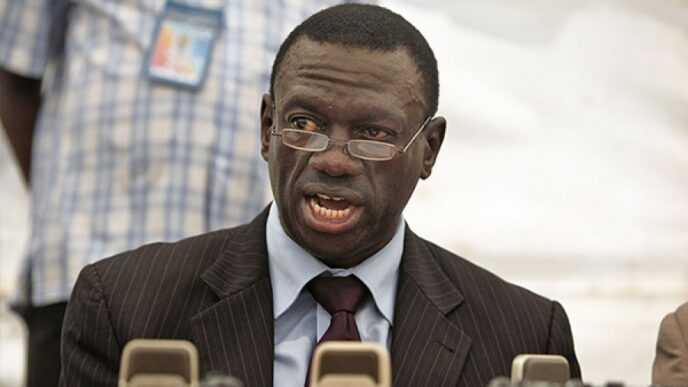Mozambique political unrest has severely disrupted Eswatini’s sugar exports, forcing the nation to reevaluate its trade routes.
The turmoil in Mozambique has not only threatened Eswatini’s access to the port of Maputo but has also created logistical challenges for the region’s sugar trade, highlighting the critical need for alternative export strategies.
Eswatini’s sugar industry, heavily reliant on the port of Maputo to export raw sugar to the European Union and the United States, now faces increased costs and delays.
Nontobeko Mabuza of the Eswatini Sugar Association (ESA) remarked that diverting exports through the Durban port in South Africa remains the only viable alternative. However, this shift presents significant challenges.
“For consistency and safe delivery, our customers might choose the Durban port, but this would strain transport infrastructure and incur additional costs,” Mabuza explained.
Related Read; Maputo Port Embarks on $2 Billion Expansion to Boost Southern Africa Trade
Eswatini Sugar Industry Faces Rising Export Challenges
The unrest in Mozambique, sparked by contested election results, has led to widespread protests and road closures. This disruption has paralyzed traffic on critical routes, including the Lebombo border post between South Africa and Mozambique.
According to Bhekizwe Maziya, chief executive of Eswatini’s agriculture marketing board, the traffic rerouting caused severe border congestion and delayed shipments.
“The closure of the Lebombo border post redirected transport through Eswatini, leading to significant delays for both importers and exporters,” Maziya noted.
Mozambique Protests Threaten Regional Stability
Protests led by opposition candidate Venancio Mondlane, who claims victory in Mozambique’s recent elections, have escalated into violent clashes with security forces, resulting in over 100 deaths.
Political analyst Sibusiso Nhlabatsi stressed that the Southern African Development Community (SADC) must enhance conflict resolution strategies to ensure the stability of member states like Mozambique.
The Mozambique political unrest is not only an immediate threat to Eswatini’s economy but also a broader issue for southern African nations relying on Mozambique for trade.
Activist Solomon Mondlane noted that neighboring countries must assess their dependency on Mozambique and develop contingency plans to mitigate the long-term effects of this instability.
Ensuring Stability Amid Sugar Export Disruptions
Despite generating $305 million from sugar exports in 2023, Eswatini now faces uncertainty due to the persistent unrest in Mozambique.
For Eswatini’s sugar industry to maintain its economic contributions, identifying reliable export routes becomes essential.
Neighboring countries must also prioritize trade resilience and regional stability in the wake of Mozambique’s challenges.
Read More:















